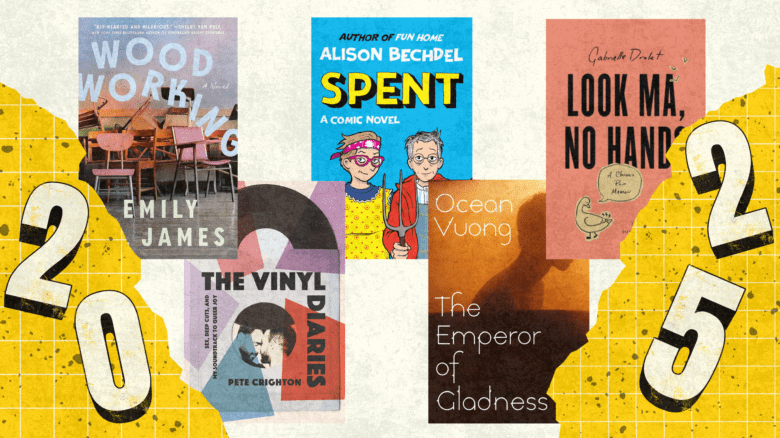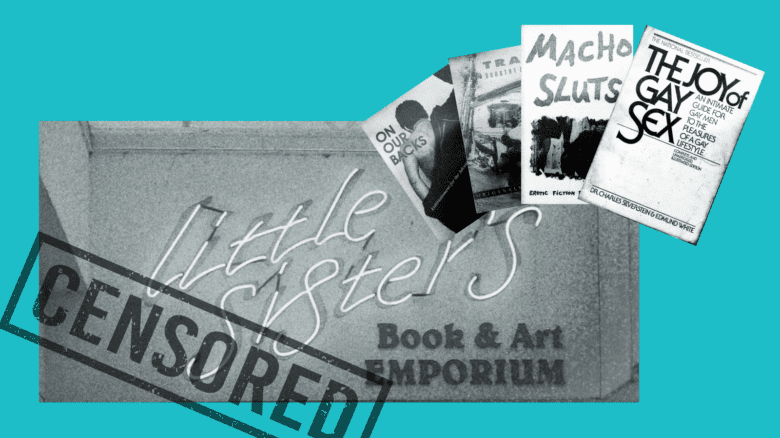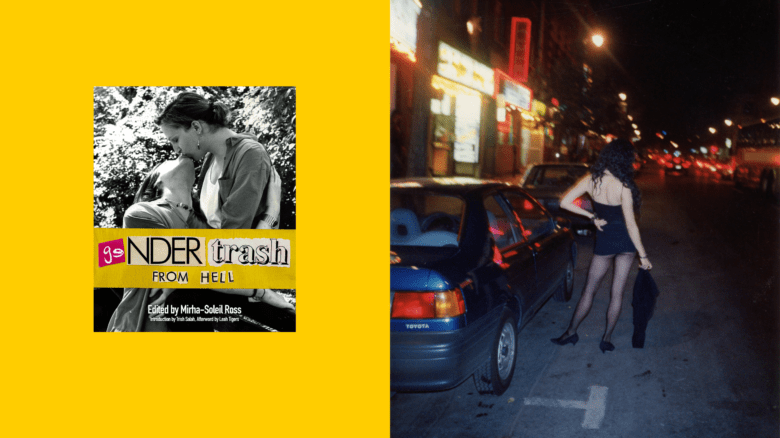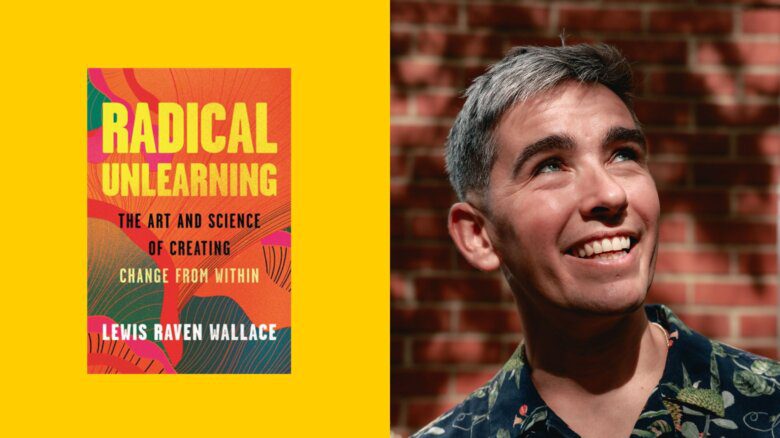Edafe Okporo grew up in Warri, a bustling city of about a half million people in Southern Nigeria. His childhood was one marked by poverty and want. But he always wanted better for himself. In his words, to be like his aunty who had attained a college degree, and to secure a life better than the one he was born into. Little did he know, the journey to that path would be one marred by arduous difficulties.
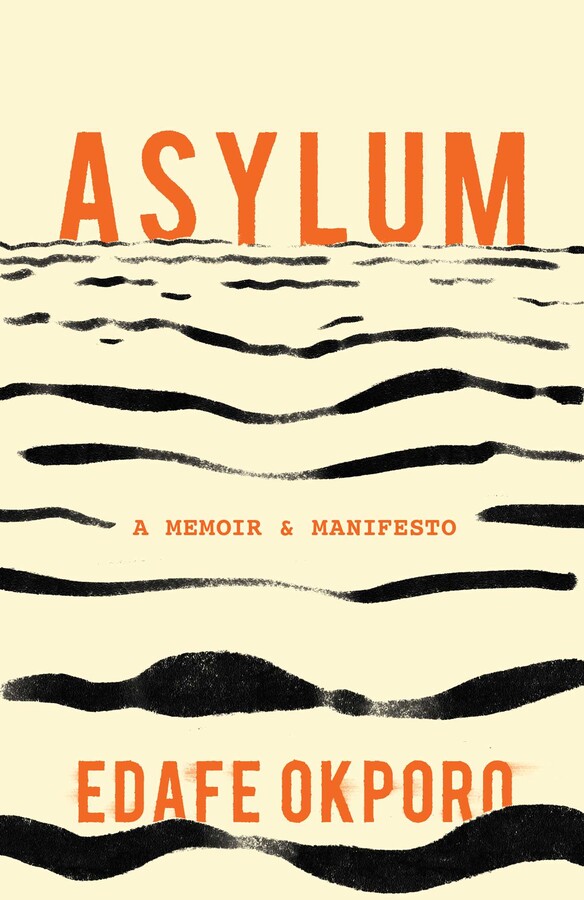
As a gay man in a country where queerness is taboo and criminalized, Okporo learned early to hide that part of himself until he could no longer. In his memoir, Asylum, out this June, he reveals details of his life in Nigeria, documenting his experiences growing up in the country, his efforts as an activist around access to healthcare and, as a result, the startling violence he faced at age 26, in the capital city of Abuja, a metropolis of about six million people, that prompted his move to the United States.
The book explores the beginning of Okporo’s life in America, and his navigation of the immigration system: he was kept in a detention centre for six months upon arrival, and was released without any support to help him get his life started. He also writes about how he found friends, and his decision to found Refuge America to help displaced LGBTQ2S+ people rebuild their lives.
Ultimately, his story is one of triumph. I found it inspirational, especially for queer people fleeing societies and countries where their existence is considered criminal.
Over a Zoom call, I interviewed Okporo about writing Asylum, and how other gay Nigerians facing similar circumstances can benefit from his story.
My first question is about your dreams as a child, and how much they have changed with your life now in the U.S. Is your life in any way close to what you imagined for yourself?
That’s a very good question. If I think back to when I was very little, growing up in Warri, I would describe it to be the self-bigotry of low imagination. When you are growing up very poor, there’s a kind of limit to your imagination because you are unable to see a better representation of the possibilities of the world. The only person I had seen who was successful, in a material sense, was my aunt, who had acquired a level of tertiary education. So, I wanted to be like my aunt. I wanted to go to school, get a degree and have a job and take care of my family. Successfully, I got a college degree and after my studies, I moved to Abuja. Unfortunately, circumstances forced me to flee to America. I didn’t have any expectations of a grand life in America. I just wanted to live freely as a gay person. People admire America from afar, but when you arrive, you see that it is very different. I was naive to the things I would face being a Black and gay person. There is still religious persecution of gay people here. But I would say right now, I am very glad that I came to America because it afforded me the opportunity to achieve many things I didn’t think I was capable of achieving. Not just publishing a book, but paying my way through and getting a master’s degree in one of the most expensive schools here and getting engaged to my partner. Now I am thinking of starting a family here. These are things I never imagined I could have growing up in Nigeria, but now my mind has been opened to the possibilities in the world and I can now dream bigger.
In Asylum, you write about your struggle with masculinity and wanting to “man up” as a child, and become a “real Warri boy.” Do you think of yourself as a “real Warri boy” today and how would you define masculinity?
I don’t think one person can redefine what an entire community represents. We see ourselves as hard-working, and a man is supposed to be the provider for the home. Growing up, I was considered to be effeminate. I couldn’t play soccer with my classmates in Warri. I couldn’t do what other guys did. I was more interested in books, and I desired education. I wasn’t considered a true Warri boy because I didn’t possess the bravado and aggressiveness associated with Warri boys. I struggled, but I survived that experience thanks to my mother, who told me from an early age that she liked my softness and that it was okay to be different. Now that I am grown, I have thought about masculinity and I realize that certain personalities are not what makes a man. There are many ways to be a man, and you can decide that for yourself.
Speak to me about coming out to your grandmother and how liberating that was for you.
I think about it now, and that moment changed my life. Before that, I was a pastor. All the while, I had been living in hiding because I didn’t want anyone to know that I am gay. I tried to meet someone who I had been talking to online. They picked me up and brought me to this place, then I discovered that they are a Christian priest. So, I said to myself, “I don’t want to live this life.” It seemed like a glimpse into my future. Then I heard that my grandmother was ill, so I ran back home. I thought that it wouldn’t mean much since she was sick and dying. But I felt an obligation to tell her. When I did tell her, she hugged me and told me she loved me. She was the most religious person I knew, yet she accepted. Coming out to my grandmother gave me the courage to come out to other people. Because if this person I love and care so much about could love and accept me for who I am, it no longer mattered what other people thought of me.
After your grandmother’s passing, you moved to Abuja and found a community there, finding belonging with other queer people in the city. But this was short-lived as the 2014 Same Sex Marriage (Prohibition) Bill (SSMPA) was signed into law, and that spurred attacks on the queer community there, and disrupted your life. What was life like before then, and how much changed with the SSMPA?
In Abuja, I thought I found a home. I cultivated friendships there. We cared about each other and loved each other. Abuja was the gay capital of West Africa till the SSMPA. I remember once an HIV community centre was raided, and they beat people up. We all had to go into hiding following that. Our parties were no longer just underground; we had to travel to the outskirts of the city to have our parties. One early morning, I woke up to bangs on my door and my neighbours stormed in and dragged me out naked. I was only wearing briefs. They tied me up, spat homophobic slurs at me and beat me around the street till I blacked out. I woke up in a clinic and the first thing I did was to [apply for] a visa to UAE because it takes 24 hours to get one, and I travelled to Dubai. When I came back, I decided to live on the border of Abuja and Zamfara state. There I got a job as a consultant for FHI 360. But one day, I got a call that community members of my former place had found that I was around and were looking for me. I was told not to come back. I ran to the airport and flew to Cairo. From Cairo, I flew to New York’s JFK airport to seek asylum.
The U.S. wasn’t exactly welcoming to you, a Black gay man from Africa, and that was shocking to you. You write something in Asylum that I found profound: “When told to return to my country, what I would have wanted to say is that a refugee has no country. We lose that the day we leave.” You are talking displacement here. But I also noted that in the book you used the personal pronouns “we” and “us” to speak about the U.S. Would you say that the U.S. has become home for you now, finally?
Home for me is no longer tied to a place. I think everywhere you go in life, you can find a sense of home there and I have been fortunate to build one for myself here with my partner, his family and other gay friends I have made here.
You are currently active and involved with a nonprofit to see to it that other displaced LGBTQ2s+ asylees and refugees can receive the best help they can get when they arrive in the U.S. But I want us to talk about the young gay man in Nigeria facing persecution, who may not have the means to flee. What do you think they can take away from this book?
When I was writing Asylum, I was thinking about myself when I was younger; when I thought homosexuality was abnormal until I read in a news article about gay Nigerians who had fled the country. It was a defining moment for me. I was elated to see that I was not the only person with this experience. There are other gay people, other gay Nigerians. When I was writing Asylum, I thought of other gay Nigerians and imagined that I could be an example for them. My story of survival, that is. For them to have a glimpse of hope despite the hopelessness that surrounds them. For them to find some comfort in seeing parts of their lives and experiences reflected in this book.
This interview has been edited for length and clarity.
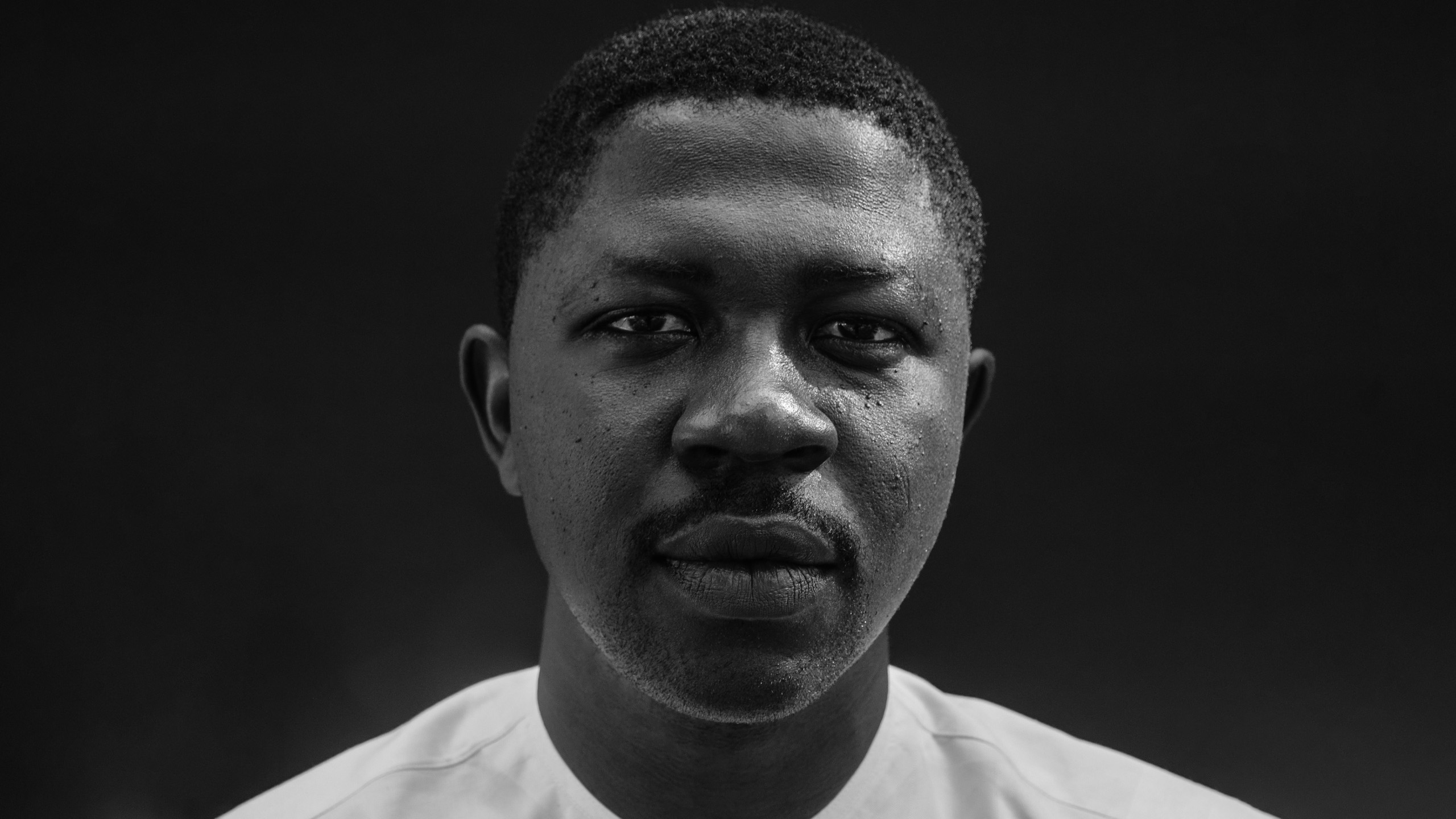
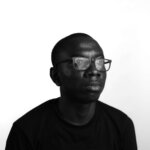
 Why you can trust Xtra
Why you can trust Xtra